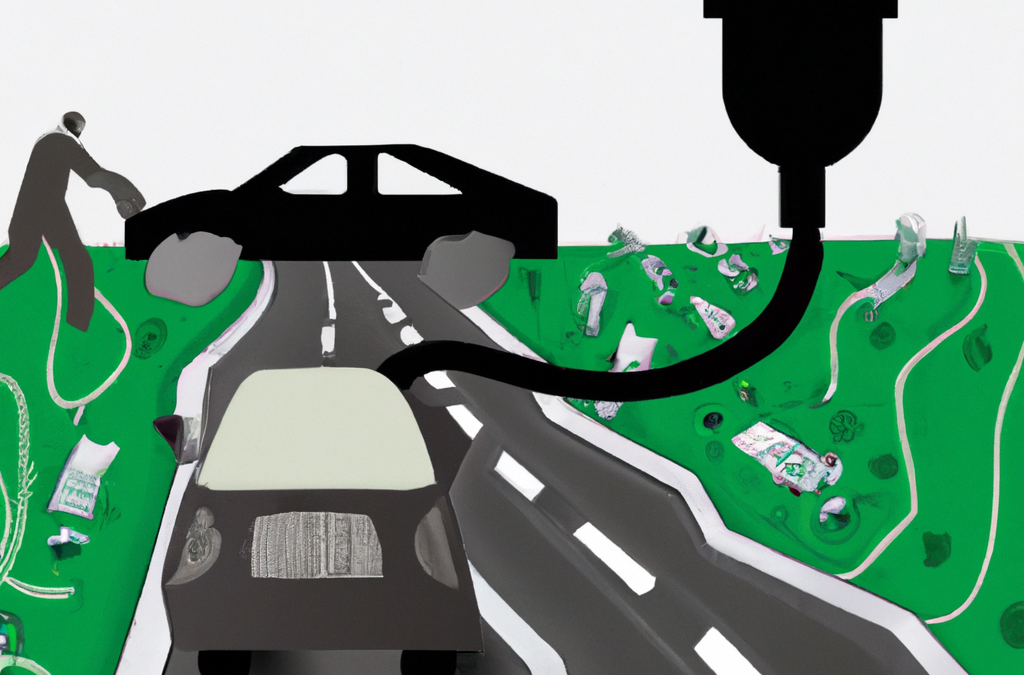Electric vehicles (EVs) are becoming increasingly popular in the United States as more drivers are motivated by the promise of reducing their carbon footprint. Unfortunately, these vehicles are powered by lithium-ion batteries containing rare earth elements.
These critical minerals are not easily recyclable or disposable. This poses a real problem for the environment, as landfills will be required to develop practices to dispose of these minerals safely and responsibly. In addition to the environmental issues posed by EV batteries, economic misadventures are also associated with them.
EVs are significantly more expensive than traditional vehicles, and their costs are not offset by the money saved in fuel costs. Many EV owners also have to pay for additional charging equipment, increasing the cost of owning an EV.
Furthermore, the power grids in many cities are not equipped to handle the sudden surge in demand for electricity that would come from a large number of EVs charging simultaneously. They could blow up local substation transformers, making it a potentially dangerous option.
Although they may appear to be an environmentally friendly option, the critical minerals used in their batteries are not easily recyclable or disposable. Overall, EVs are an ideologically driven economic misadventure.
Considering all the potential issues associated with EVs before investing more in this harmful technology is essential.
In an article published in The Hill on July 9, 2021, Le Xie and his colleagues said:
With aggressive vehicle electrification goals, there will be a lack of hosting capacity of today’s distribution networks in handling massive distributed energy resources and EVs. Economic incentives and smart scheduling could offset the peak-to-valley ratio; however, even in the most optimistic case (i.e., a flattened total load curve), the limit of the substation transformers will still likely be exceeded.


